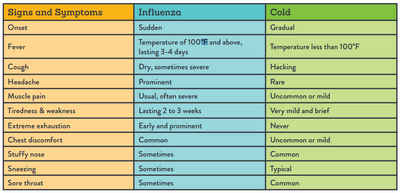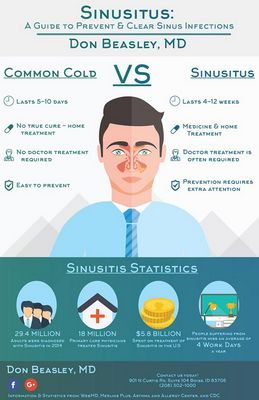
As for colds, then you know one thing for sure – they never give pleasure! In most cases, flu symptoms can be worse than those of a cold, so it is always wise to stay informed when it comes to how to deal with a cold. Symptoms of a cold do not always mean that you have a cold. Here are some signs to watch out for.
Sore throat: Sore throat is the most common symptom of cold symptoms, so it’s important to pay close attention to your surroundings and avoid sneezing if possible, as it can also be a sign of a cold. Most colds go away on their own within a few days, but a sore throat may last longer and require immediate medical attention. Typically, sore throat is less severe than pain from a runny nose or cough.
Fever: While fever itself is not always a sign of a cold, it can be. Fever and other symptoms may include chest pain, fever, chills, fatigue, and blurred vision. If you are feeling tired and lethargic, you may have a fever.
Cough: When you have these cold symptoms, it is best to watch for signs that your cough may be caused by a cold. Some signs to look out for is frequent persistent cough which makes breathing difficult and makes coughing difficult.
A cough can indicate many different factors, such as a sore throat, pneumonia, sinus infections, bronchitis, sore throats, or even the flu. To determine if your cough is caused by a cold or other medical condition, you should see your doctor right away.
Headaches: This is one of the first signs of a cold symptom. Headaches often last longer than other cold symptoms, so it is a good idea to be aware of the symptoms when they start to appear.
Headache: Cold sores can develop into a headache when bacteria spreads from the area of the ulcer to other parts of the body, creating a bacterial ulcer. Headaches are caused by the immune system attacking itself and causing discomfort and pain.

Fever: Fever and sore throat symptoms are common with any type of virus and are not always caused by a cold. If you feel a fever or have a fever, see your doctor immediately. If you’ve recently had the flu or have never had a fever before, chances are you have the flu.
Fever and headache are usually associated with certain types of pneumonia, which are caused by a bacterial or viral infection. The symptoms of this type of pneumonia are similar to those of the flu, but do not include fever and headache. Fever and headache are very common in viral pneumonia and should be closely monitored by a physician.
Fungus: Fungus can also cause fever. There are several types of fungi that can cause fever, including mold, yeast, and parasites.
Flu symptoms are always the same when you have these different types of fungi. Fever, headache, and fever are very common, but many people who have this type of fungus have no symptoms and never show any signs of a cold.
Sinusitis: Sinusitis is caused by bacterial infections that inflame the nasal passages, sinuses, bones, and lining of the nose. It is very common among people with sore throats or colds.
If you have sinusitis symptoms, you should see your doctor as soon as possible. If your doctor does not think sinusitis is the cause of your sinus problems, you may need to consult with a specialist who specializes in treating sinus infections.
Leave a Reply